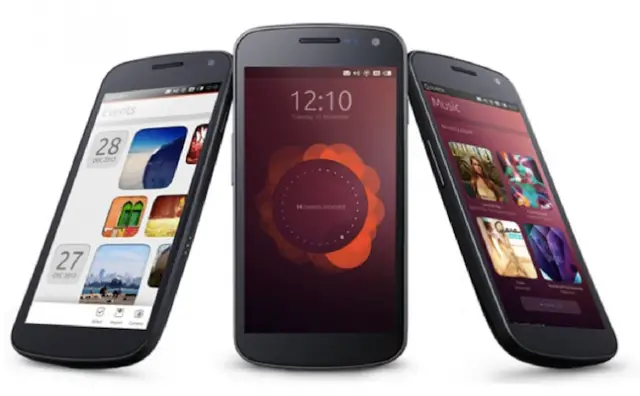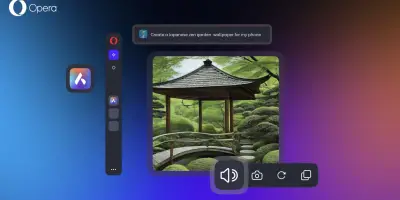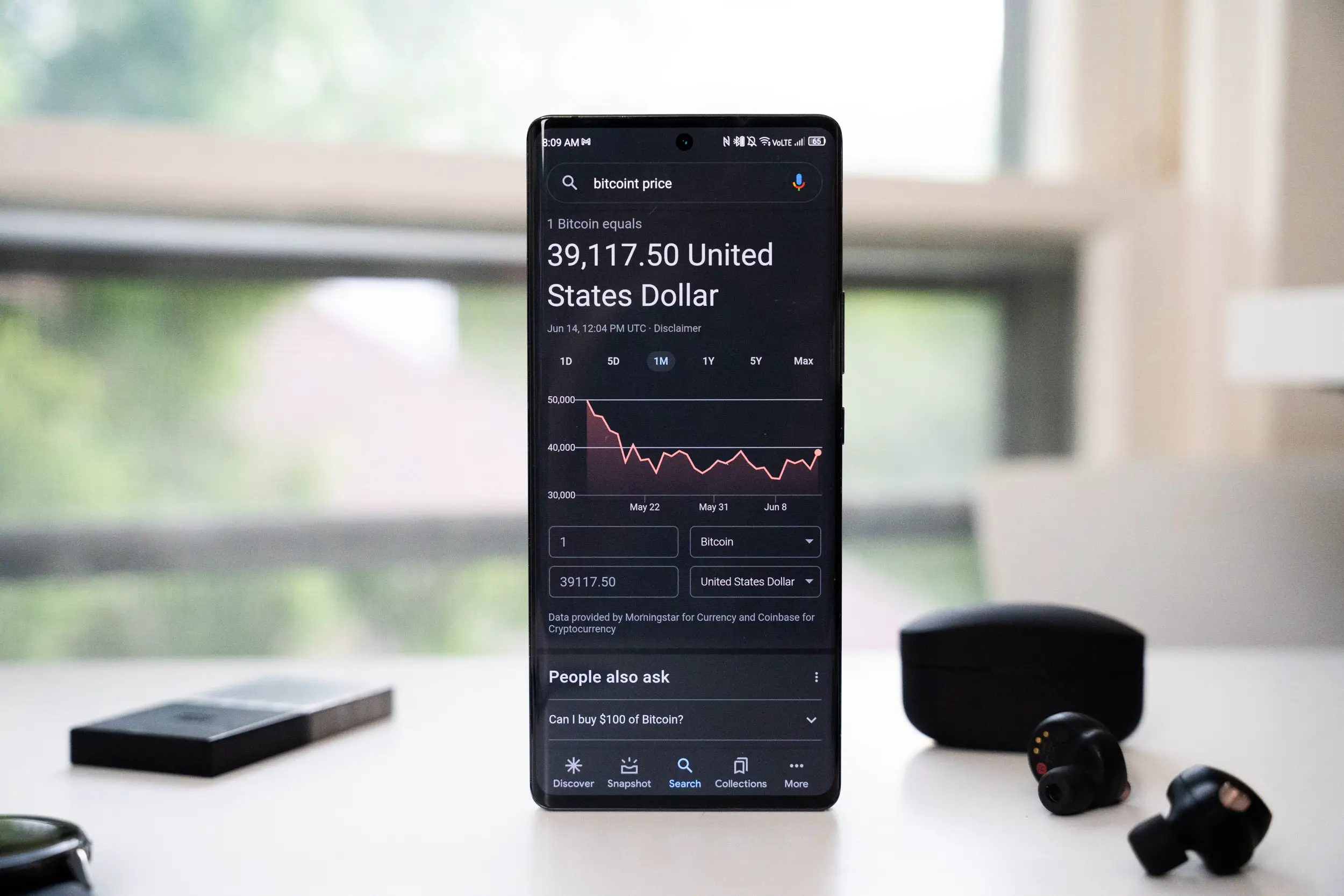We’ve seen Ubuntu’s mobile OS running on the 70 year old (in smartphone years) Galaxy Nexus. To almost no one’s surprise, it ran like complete sh*t. If you were curious to see how the biggest threat to Android since Firefox OS ran on something this century, you’re in luck. Canonical has announced that the Developer Preview for Ubuntu Touch will be available on Thursday, February 21st, with compatibility for something with a lot more power, namely, the Nexus 4.
For those of us attending Mobile World Congress in just a little over a week, Canonical has assembled teams ready and willing to flash their Ubuntu Touch Developer Preview onto compatible devices. Now that’s what I call service. Of course tools will be made available that will allow regular users like yourself flash the OS onto your device and if you’re already accustomed to flashing custom ROMs, should prove relatively easy.
First official smartphone models to launch with the Ubuntu OS pre-loaded are scheduled to arrive sometime in October of this year. Anyone somewhat interested in Ubuntu’s mobile OS, or do you think it will be dead in the water? Full press release below.
Touch Developer Preview of Ubuntu to be published on 21 February 2013
- Touch Developer Preview of Ubuntu for Galaxy Nexus and Nexus 4 will be available
- Daily update mechanism to follow progress in Ubuntu
- Canonical will flash phones at MWC for industry, developers and enthusiasts
- Preview SDK and App Design Guides already available for developers building touch apps for Ubuntu
London, 15th February 2013: Images and open source code for the Touch Developer Preview of Ubuntu will be published on Thursday 21st February, supporting the Galaxy Nexus and Nexus 4 smartphones.
They are intended for enthusiasts and developers, to familiarise themselves with Ubuntu’s smartphone experience and develop applications on spare handsets. Tools that manage the flashing of the phone will be available on the same day in the Ubuntu archives, making it easy to keep a device up to date with the latest version of the Touch Developer Preview.
Attendees of Mobile World Congress (MWC) in Barcelona, 25th – 28th February can have their phones flashed to Ubuntu by Canonical team members at the Ubuntu stand, booth number 81D30, App Planet Hall 8.1, where Ubuntu will be shown on a range of devices.
The code release is a milestone in the development program for Ubuntu’s phone experience, and enables developers to port the platform to other devices. “Our platform supports a wide range of screen sizes and resolutions. Developers who have experience bringing up phone environments will find it relatively easy to port Ubuntu to current handsets” said Pat McGowan, who leads the integration effort that produced the images being released. ”We look forward to adding support for additional devices for everyday testing and experimentation.”
The install process and supported device list are maintained at wiki.ubuntu.com/TouchInstallProcessand will be updated as new devices are added.
The release also marks the start of a new era for Ubuntu, with true convergence between devices. When complete, the same Ubuntu code will deliver a mobile, tablet, desktop or TV experiences depending on the device it is installed on, or where it is docked. Ubuntu 13.10 (due in October) will include a complete entry-level smartphone experience.
Canonical has published a Preview SDK and App Design Guides to allow developers to create applications for the full range of Ubuntu platforms. The toolkit provides a range of documented templates to enable native applications to be created quickly and easily. The App Design Guides explain how these templates can be used to design and build beautiful and usable apps. Blackberry Touch developers will be familiar with the Qt/QML environment, which supports rich native touch apps. Developers will not need to cross-compile or package applications differently for phone, tablet, PC and TV. One platform serves all four, a single application binary can do the same.
On Ubuntu, native and web or HTML5 applications sit as equal citizens and so those developers already developing HTML5 applications will easily gain support for Ubuntu.
“This release marks the threshold of wider engagement – both with industry and community.” says Mark Shuttleworth, founder of Ubuntu. “For developers, contributors and partners, there is now a coherent experience that warrants attention. The cleanest, most stylish mobile interface around.”
Availability:
Go to wiki.ubuntu.com/TouchInstallProcess to download Touch Developer Preview of Ubuntu from Thursday 21st February.
Go to developer.ubuntu.com to download the SDK to develop applications for Ubuntu.
Go to http://design.ubuntu.com/apps to read the Apps Design Guide giving advice about designing and building beautiful and usable apps for Ubuntu on the phone.
Visit Canonical at Mobile World Congress: Booth Number: 81D30, App Planet Hall 8.1.
[via Canonical]











I think it’s going to struggle. If they went the blackberry route and made it to where all you had to do was change a few lines of code in android apps to port them over it would have a better chance. I just don’t see developers writing the same program for 4 different devices.
This won’t stop me from trying it on my N4
Ditto.
I agree, but I don’t even see myself trying it on my N4.
Bluestacks for linux where are you?
Dual-boot me captain!
Am I the tripping or did I read somewhere that this somehow will allow dual boot between this and android without having to flash back and forth?
let’s hope so, because I want to use it, but don’t want to give up on android
Me too, plus I think competition like this will only make Android stronger. It’s a win-win.
I wouldn’t hold it against Ubuntu for this feature. I mean you can dual boot the OS naturally, so I don’t see why not.
I started running Ubuntu on my phone over a year and a half ago and others were doing it at least a year before me – right alongside Android, no dual booting or flashing back and forth required, so it’s on them if they make this difficult. http://androidforums.com/cdma-evo-3d-all-things-root/387978-ubuntu-linux-3vo.html
no N7 love?
ok, wait, the gNex is 70 now? i dont know….id call an HTC hero 70…maybe the nexus s is 40, but 70 years old on a gNex, that still FLYS butter smooth on the latest version of android? 1.2 GHz processor that loves to sit at 1.5Ghz, 1Gb of ram and a sub-par graphics card is not 70…
pretty jealous on n4 users now. crossing my fingers that I’ll eventually see this for the note 2. not that I’d use it as a daily driver. i just want to play with it
I think the problem is the buttons on the note II. They are only releasing them on Nexus devices now because they are completely buttonless on the face side. That being said I won’t be putting this on my Nexus 4 but I am interested in seeing how ubuntu phone performs on it.
The Galaxy Nexus is not 70! Seasoned Middle age sure, but in no way it’s 70. I still love my Verizon Galaxy Nexus and will be able to hold out until the next Nexus, no problem.
This is very inspiring, as getting from the start & Having no real background in programming (aside from making some adventures on ZX-81 and MSX), this does sound like I could get started on developing something for my own Android based eBook reader and android app development training even this online course seems to be interesting http://www.wiziq.com/course/13599-professional-android-app-development-training-1-on-1-sessions. Has anyone tried any online courses so far. Please do provide a light on this also.
Thankyou for all the info also.